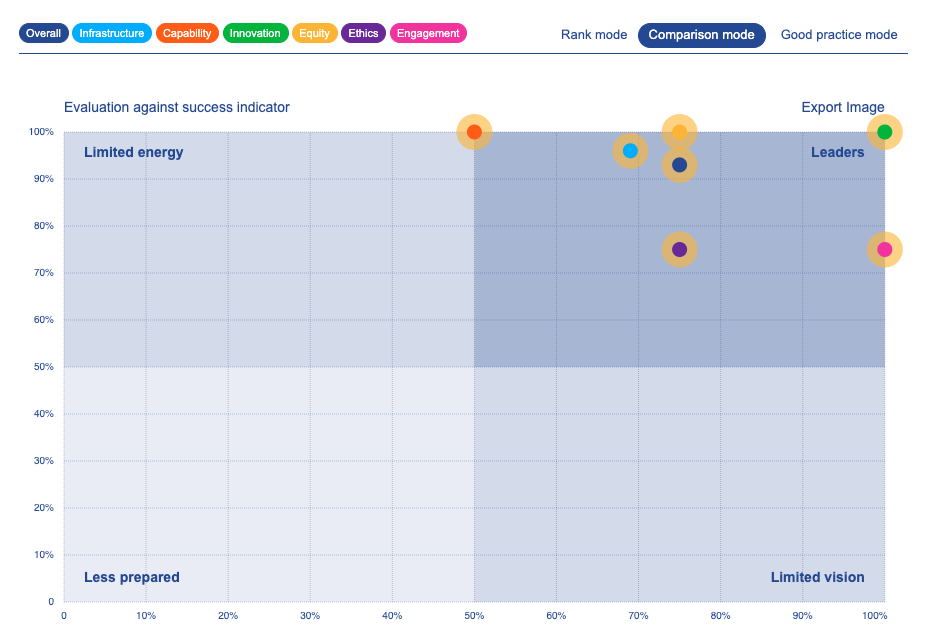Introduction
This report, produced by the ODI and commissioned by Roche, compares the policy readiness of five countries in the Western Balkans region - Bosnia and Herzegovina, Kosovo, Montenegro, North Macedonia and Serbia - for the secondary use of health data. It identifies good practice across the region, policy opportunities and policy needs to improve the European health data policy environment.
Health data is considered one of the most valuable types of data in the digital era, enabling a vast new range of improvements and opportunities. But health data is also recognised as one of the most sensitive and personal types of data available. Health data must be treated ethically, responsibly, securely, and with respect to the individuals to whom the data relates.
What is the 'secondary use of health data'?
'Secondary use of health data' means using aggregated health data from population-level sources – such as electronic health records, health insurance claims data and health registry data – to improve personal care planning, medicines development, safety monitoring, research, and policymaking. Secondary use of health data can play a crucial role in improving health systems.
This report builds on the ODI’s 2021 report on the secondary use of health data, which contained analysis for the European Commission (EC) and for 29 countries in the European region: 25 EU member states, and Israel, Norway, Switzerland, and the UK.
We hope that this report can help contribute to a wider understanding of the work that needs to be done in each country and provide the inspiration to work collaboratively across the Western Balkans region.
Use our interactive comparison tool
Use this new, interactive tool to look up the policy readiness of five countries across the Western Balkans for the secondary use of health data, and identify good practice across the region.

Our methodology
During previous research and policy analysis on the secondary use of health data policy approaches across governments, a research team, developed a policy framework model aligned with the ODI's six manifesto points for open and trustworthy data ecosystems. In 2023, the ODI updated its manifesto by building the points into a set of six principles as part of its new Five Year Strategy. As a result, the secondary use of health data policy framework was similarly updated to reflect these new principles. As the principles aligned with the previous manifesto attributes, this task was fairly straightforward, as shown in Table 2 on page 8 of the report.